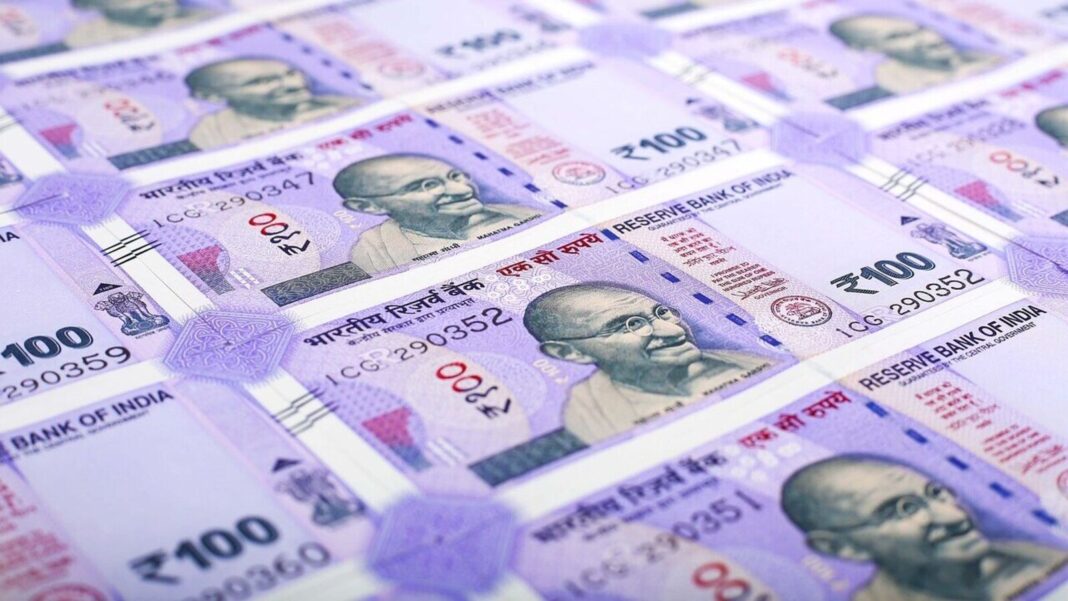Hence, the focus will be on employment generation, skill development, and providing relief to a large mass of people distressed by inflation, with the overall objective of pushing up the GDP growth rate. Let’s do some crystal ball gazing and share ideas on the direction that the Budget 2025 proposals may take from an individual tax perspective.
Taxpayers, as always, expect the finance minister to provide lower tax rates and tax concessions to increase personal disposable income. More money in the hands of the people is a good idea from a macroeconomic perspective and would also mean increased savings, investments and expenses, which will help fuel economic growth.
Providing tax concessions to increase personal disposable income is seemingly a simple fix to meet popular demand and boost economic growth. The finance minister and her team working on the budget could consider the following suggestions:
1. Move towards a unified tax regime
For the past five years, we have had two tax regimes running in parallel. The old tax regime with the regular income slabs and eligible deductions/exemptions and the new tax regime with relatively wider income slabs and lower tax rates, without most deductions/exemptions available in the old tax regime. The taxpayer can choose either tax regime.
The objective of introducing a new tax regime in Budget 2020 was to simplify the taxation system and over the years, the government has made changes to the new tax regime to make it more attractive.
It was widely reported in the media earlier this year that almost 72% of the taxpayers opted for the new tax regime while filing their income-tax returns for FY24. Given this and the fact that a new income-tax law is in the making, the timing is perfect for the government to bring in a single, unified tax regime.
A unified tax regime with widened income slabs and lower tax rates will help achieve the envisioned rationalisation and simplification in the tax system and also make the minority old tax regime taxpayers happy.
2. Rationalisation of capital gains
This has been under the government’s consideration for many years and in the last budget, changes were introduced in aspects such as the capital gains tax rate, holding periods, and indexation to make capital gains taxation simpler and easy to administer.
It is a well-known fact that there is heightened retail investor activity in the stock exchanges with more people turning towards it to supplement their income. The government should increase the tax-exempt threshold for long-term capital gains on equity shares and equity-oriented mutual funds from ₹1.25 lakh to ₹5 lakh. This would be a great impetus for taxpayers to invest more, save more and spend more, thus boosting overall economic activity.
Another aspect of capital gains taxation that could benefit from the finance minister’s intervention in this budget is the exemption threshold under Section 54, Section 54F and Section 54EC of the Income-tax Act, which pertain to reinvesting capital gains from the sale of assets in immovable property or specified securities.
Currently, there is a limit of ₹10 crore to claim exemption under Section 54 and under Section 54F. Similarly, there is a limit of ₹50 lakh to claim exemption under Section 54EC.
As the indexation benefit is no longer available, it makes sense to increase the exemption thresholds from ₹10 crore to ₹12 crore under Section 54/54F and from ₹50 lakh to ₹1 crore under Section 54EC.
3. Tax incentives to encourage sustainable development
The government has actively integrated sustainability goals into its economic and tax policies to control climate change and promote sustainable development. Tax concessions may be introduced for individuals who adopt renewable energy, reduce carbon emissions and dependence on fossil fuels, or invest in sustainable development projects.
A separate slab or tax rebate, keeping in view the overall principles of the new tax regime, may be introduced for individual taxpayers who promote sustainable development by investing in renewable energy sources, such as solar panels or electric vehicles, to reduce the carbon footprint. This will also help the government balance economic growth with environmental protection and social equity.
This idea is very much in line with developed countries such as the US, the UK, Germany and Canada, where such tax concessions, vouchers, and credits are used effectively to promote the adoption of renewable energy and promote sustainable development.
As always, individual taxpayers may have expectations of lower taxes and there is no shortage of ideas from armchair intellectuals. While some ideas may need to wait for their time, it is evident that the finance minister’s role is never easy. Nonetheless, there is confidence that fiscal prudence will ultimately prevail.
Sonu Iyer is tax partner and national leader, people advisory services, EY India. Siddharth Deb, director-tax, EY India, also contributed to the article.


